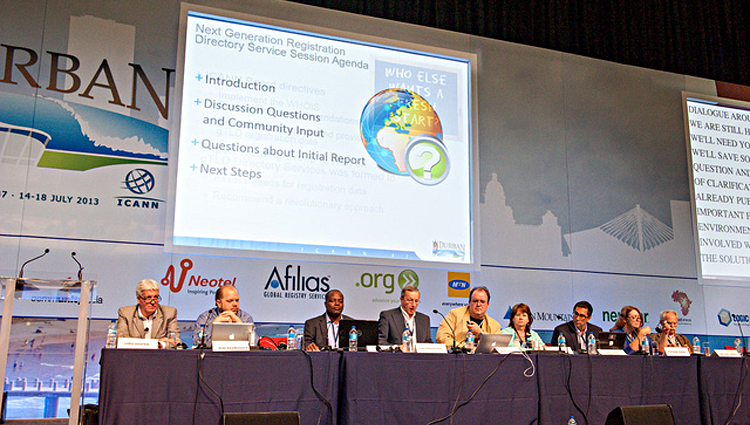The Internet has earned its place among humankind's greatest synergetic efforts. The Internet's emergence and its resulting social, economic and political impact are the focus of any history written in the past 30 years. And it is on its way to becoming the world's social, economic and political central nervous system.
All this grandiose talk about the Internet's impact inspires awe and gratitude for what a handful of researchers and academics began in the late 1960s. From humble beginnings as a network between four universities, a revolution of mass connection was born.
From its inception, the Internet was built as an open architecture. Anyone could – and still can – contribute to its operation. Membership in the organizations, such as the Internet Engineering Task Force, that define its standards and protocols is open. And even today, many of those responsible for contributing to its policies, standards and protocols do so at the sacrifice of personal time with family or friends (sometimes compensated by employers; and sometimes not.)
I don't think that any one of us would say that working within the consensus-based, bottom-up multistakeholder model is easy. It is challenging to coalesce many different points of view and determine a path forward that no one formally objects to. Consensus building and the collaborative approach are processes that require enormous effort as well as courtesy, cooperation and compromise by all parties.
A good example of the importance of cooperation and compromise is the recently published final recommendations from the Expert Working Group on gTLD Directory Services. Developed over 15 months, the final recommendations offer some 180 principles that were analyzed, debated and discussed. These principles reflect compromises made by each panelist; and I know that some panelists do not agree fully with each. However, despite these differences, each agreed that the collective new model is preferred over today's existing WHOIS database. We all owe each panel member our sincere thanks for tackling this thorny issue and shaping this set of recommendations, which are now open for community input.
Because consensus-building within the multistakeholder model is hard work, we wanted to build a way for us, as the ICANN community, to recognize and express our awe and gratitude for those who do it well. ICANN's first ever Multistakeholder Ethos Award was created as a pilot program this year to do just that.
The Multistakeholder Ethos award seeks to honor those who have demonstrated service to the ICANN community as a whole. We will name the winner or winners during the Opening Ceremony of ICANN 50. As I write this, I don't know who the winner will be – I don't even know the names of the nominees put forward by the community! The winner will be selected by a group of community volunteers who are looking for candidates who demonstrate the spirit of collaboration as shown through empathy and a sincere desire to engage with people from other backgrounds, cultures and interests. Candidates who have demonstrated their willingness to reach out to new people, to listen and really engage with others who do not share their viewpoints or interests. Candidates who are known beyond their own constituency or stakeholder group as willing to have a true dialogue and work toward consensus. These qualities, I think, are ones we can all support as keys to the success of the multistakeholder model. And those who embody those qualities deserve our awe and gratitude just as much as those whose technical achievements made the Internet possible.


